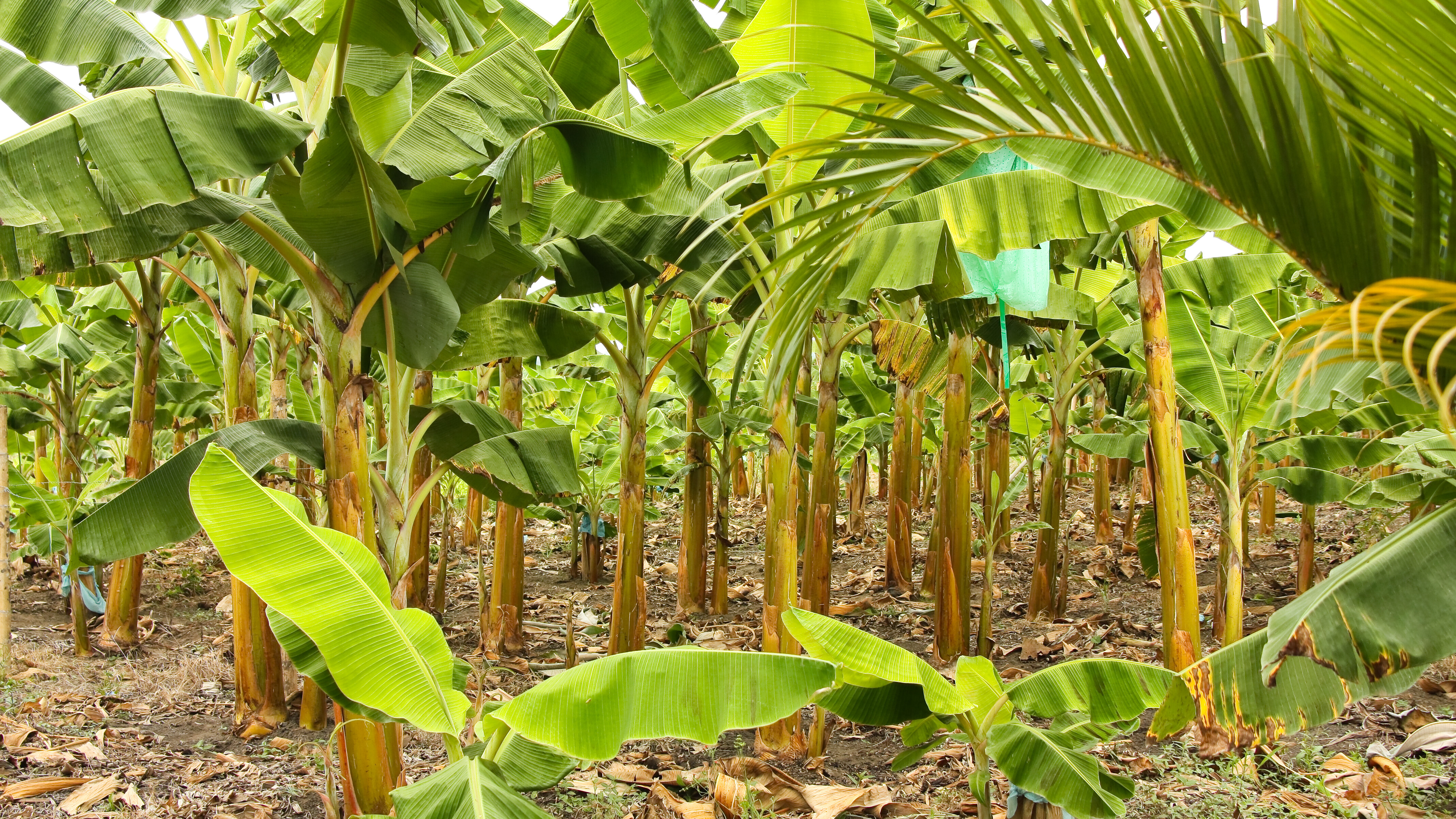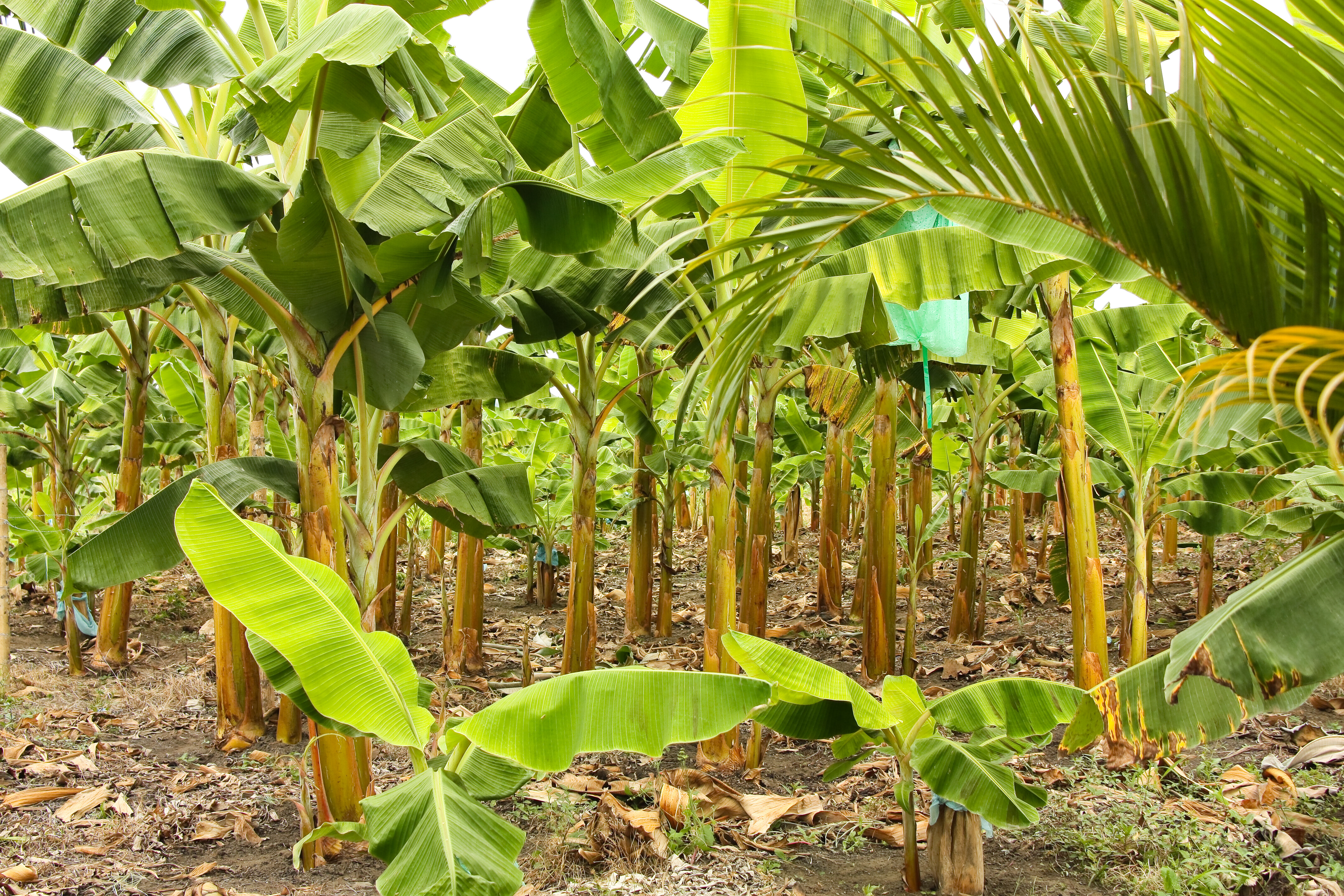Brazil’s Banana Buy Up
The $680million bid for Chiquita has shaken up the banana industry and brought Latin America back after a century out in the cold. LatAm INVESTOR investigates what's behind the story...

Surprise Move
A plan by two Brazilian firms to buy US banana giant Chiquita is an amazing turnaround in a Latin American industry that’s long been dominated by Americans and Europeans. Cutrale, a fruit juice maker has joined forces with Safra, a bank, to spend approximately $680million on Chiquita. The move, which is expected to be completed by early 2015, has big ramifications for the sector.
The modern banana industry was formed in 1899 when, under the leadership of Minor Cooper Keith, several of the larger companies merged to form the United Fruit Company (UFCO). Suddenly, the banana sector was transformed with power shifting from the small producers to this giant firm. UFCO was now not only big enough to impose conditions on farmers, but also to demand special concessions from governments. Land sales at very low prices and tax holidays - on everything from profits to imports - soon followed.

Yet UFCO did not have a monopoly. Almost from the start it faced competition in many producing countries from the Standard Fruit and Steamship Company, operating out of New Orleans. Then Sam Zemurray, a US immigrant from Bessarabia, founded the Cuyamel Fruit Co. and decided to go head to head with UFCO in Honduras and other countries, using the same dubious techniques. In 1929, however, as the Great Depression arrived, the Cuyamel Fruit Co. merged with UFCO with Zemurray at the helm. UFCO weathered the storm better than most companies, cutting costs dramatically and keeping consumption close to pre-depression levels.
In more recent times the biggest hit to producers has come from new trade rules, which have caused an explosion in competition at all levels with retail prices cut by half in the last few years. Companies have shifted the burden of adjustment downwards to the banana workers and small farmers, whose compensation has been slashed.
It had looked like Chiquita would be bought by Irish firm, Fyffes. Which, given that both firms are direct descendents of UFCO, would have been a sign that traditional forces remain in control of the industry. Yet the emergence of a Brazilian coalition means that for the first time since the mid 19th century, Latin American capital is behind one of the major producers.